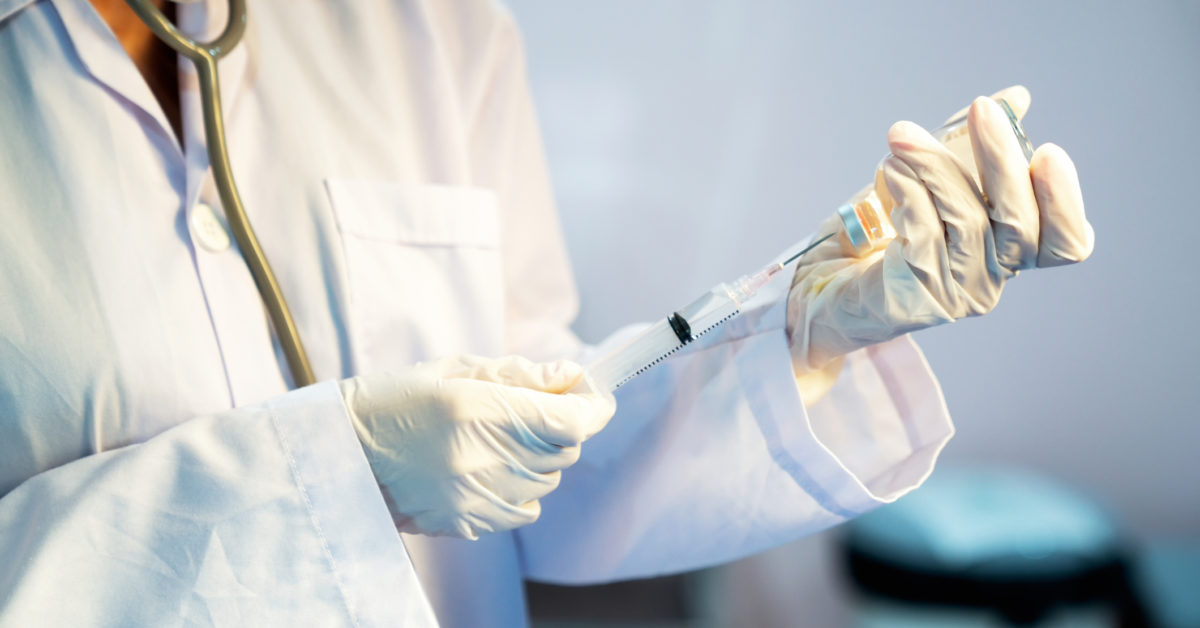The MMR (measles, mumps, rubella) vaccine could help to prevent inflammation in COVID-19, which is associated with the most severe symptoms of the disease.

All data and statistics are based on publicly available data at the time of publication. Some information may be out of date. Visit our coronavirus hub and follow our live updates page for the most recent information on the COVID-19 outbreak.
There is growing evidence to suggest that using existing vaccines could be beneficial against COVID-19 — even though they are not specific to the novel coronavirus SARS-CoV-2.
Several clinical trials are taking place around the world to test whether using the BCG (Bacillus Calmette–Guérin) vaccine, which protects against tuberculosis (TB), could be effective in COVID-19.
Scientists think that the vaccine could boost a person’s immune response, reduce their levels of SARS-CoV-2, and lessen the symptoms associated with COVID-19.
A new report published in the American Society for Microbiology’s journal mBio suggests that the MMR vaccine, which is routinely administered in childhood, could serve a similar purpose.
The researchers behind the article suggest that the vaccine could dampen the severe inflammation associated with COVID-19 and mortality, and propose a clinical trial for healthcare workers.
The type of vaccines that have an effect against unrelated infectious are called live attenuated vaccines. This means they contain real viruses or bacteria that scientists have weakened in a laboratory.
Studies show that these vaccines protect against other infections by ‘training’ the immune system in a non-specific way. This type of non-specific immune response is the first line of defense against infection and is called the innate immune response.
“Live attenuated vaccines seemingly have some nonspecific benefits as well as immunity to the target pathogen,” explains co-author of the new paper Dr. Paul Fidel, Jr., Associate Dean for Research at Louisiana State University Health School of Dentistry in New Orleans.
Dr. Fidel, together with Dr. Mairi Noverr, Professor of Microbiology &

